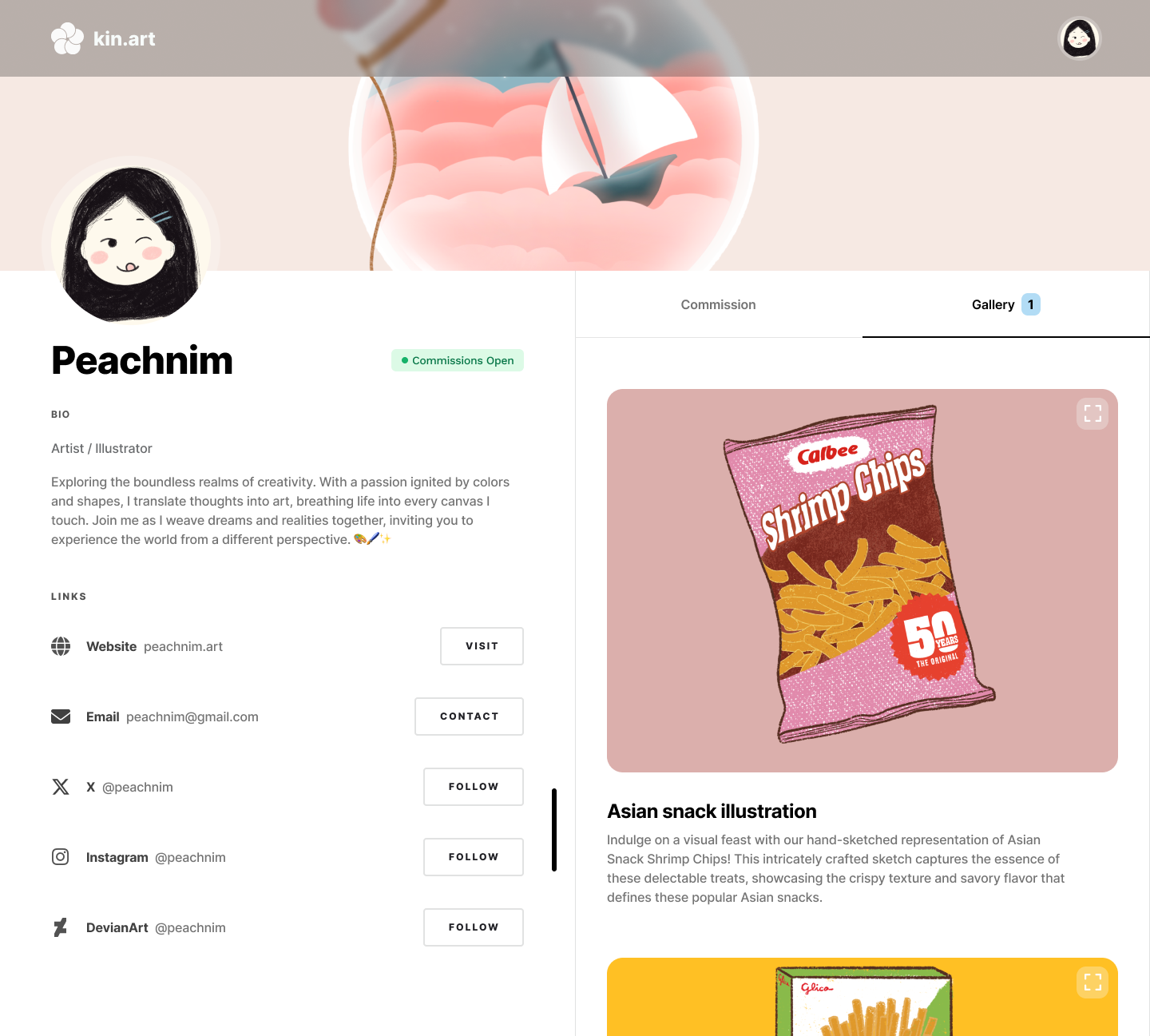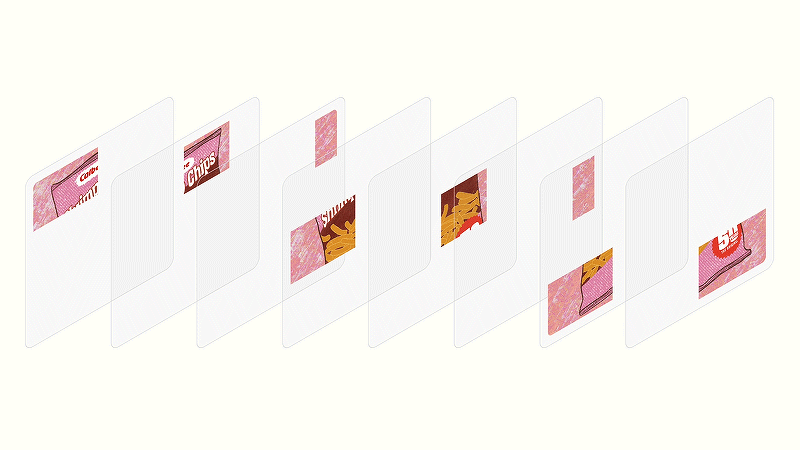
Generative AI, especially text-to-image AI models like Midjourney and OpenAI’s DALL-E 3, can create amazing art. They can turn any description, long or short, into an image that looks like it came from an artist’s brush.
But many of these models used artwork for training without asking the artists. Some vendors have started to pay artists or let them “opt out” of model training, but not all.
Since there is no clear legal or political direction, some people are making tools to help artists protect their artwork from being used by GenAI models. One of these tools, Nightshade, changes the pixels of an image slightly to fool models into seeing something else. Another, Kin.art, hides parts of artwork and changes the image metatags
Kin.art’s tool, which launched today, was made by Flor Ronsmans De Vry, who started Kin.art, a platform for managing art commissions, with Mai Akiyoshi and Ben Yu a few months ago.
Ronsmans De Vry said in an interview that art-generating models use datasets of images with labels to learn how written concepts and images are related, like how the word “bird” can mean not just bluebirds but also parakeets and bald eagles (and more abstract ideas). He says that by “messing up” the image or the labels of an art piece, it makes it harder for vendors to train models with the artwork.

Ronsmans De Vry said to TechCrunch in an email that “Creating a space where traditional art and generative art can live together is one of the big problems the art industry has to solve.” He said that this begins with an ethical way of training AI, where the rights of artists are honored.
He says that Kin.art’s tool to stop training is better than some other solutions because it doesn’t need to change images with cryptography, which can cost a lot. He also says that it can work with those methods for more security.

Ronsmans De Vry said, “Other tools that help against AI training only try to reduce the harm after your artwork is already in the dataset by poisoning it.” He said, “We stop your artwork from being added at all.”
Kin.art has a product to offer now. The tool is free, but artists need to upload their artwork to Kin.art’s portfolio platform to use it. The idea now, surely, is that the tool will attract artists to Kin.art’s services that help find and manage art commissions, its main business.
But Ronsmans De Vry says the effort is mostly for charity, promising that Kin.art will share the tool with others later.
He said, “After testing our solution on our platform, we want to give it as a service to let any small website and big platform protect their data from being used without permission.” He said, “It is very important to own and defend your platform’s data in the AI era . . . Some platforms can gate their data by not letting non-users see it, but others have to provide services to the public and can’t do that. This is where our solutions help.”